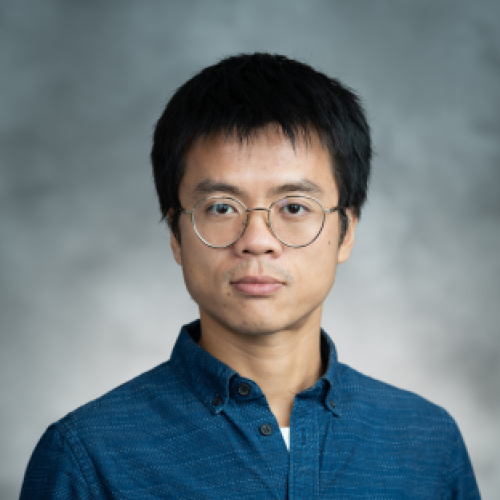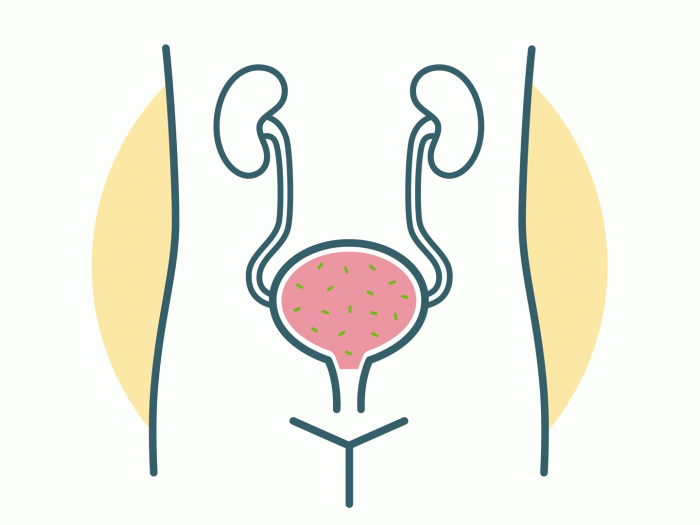Author |

DCMB is pleased to announce that Jie Liu, Ph.D., and Weichen (Arthur) Zhou, Ph.D., were recognized with a University of Michigan Endowment for Basic Sciences (EBS) award.
The Endowment for Basic Sciences (EBS) is a cooperative program consisting of Chairs and Directors of ten basic sciences units of the University of Michigan Medical School. The EBS works for the advancement of research and teaching through the development of new research initiatives and recruitment of new faculty. Every year, the EBS recognizes outstanding teaching effort and outstanding research support by issuing awards to two members of each unit.
Jie Liu, Ph.D., was recognized with the EBS Teaching Award
Liu received the most positive scores within DCMB for his co-teaching of BIOINF 593, a course in “Advanced Bioinformatics and Computational Biology.” This course introduces the foundational machine learning techniques used in computational biology and describes their applications to biological data. It emphasizes theoretical foundations and practical implementation of the techniques, in addition to the biological background needed for computational biology applications. This advanced course requires expertise in programming, calculus, linear algebra, probability, and familiarity with multivariate calculus.
“The teaching by professor Liu was incredible. I always knew exactly what was expected of me!” —Student comment.
In addition to teaching courses, professor Liu mentors 12 students in his lab, five of them being in the Graduate Bioinformatics Program and seven of them from Computer Science.
Professor Liu was also promoted to Associate Professor in DCMB and in Electrical Engineering and Computer Science, College of Engineering, effective September 1, 2024
Congratulations Professor Liu!
Weichen (Arthur) Zhou, Ph.D., was recognized with the EBS Research Award
Professor Zhou develops computational methods for long-read sequencing data. He is particularly known for his significant breakthrough in the development of PALMER, a computational tool that utilizes long-read sequencing data to uncover previously undetected germline TEs. This advancement not only sheds light on the limitations of past methods based on short-read sequencing, but also opens new avenues for understanding the role of TEs in both inherited and somatically acquired diseases.
Zhou contributes to international genetic and genomic consortium projects, such as the Human Genome Structural Variation Consortium (HGSVC), the Genome in A Bottle project (GIAB), and the Brain Somatic Mosaicism Network (BSMN). He plays leadership roles in the mobile element insertion (MEI) group, which characterizes TEs in diverse populations.
Overall, Zhou has 32 peer-reviewed publications, several of which in leading journals, including Nature Biotechnology and Nature Genetics. He is a co-investigator in multiple NIH grants. These funding successes were built on his productivity in Dr. Ryan Mills' group and his innovation and contributions to multi-institution research efforts.
Zhou was promoted from Research Investigator to Research Assistant Professor in DCMB, effective September 1, 2024.
Congratulations Professor Zhou!

Associate Professor

Research Assistant Professor





